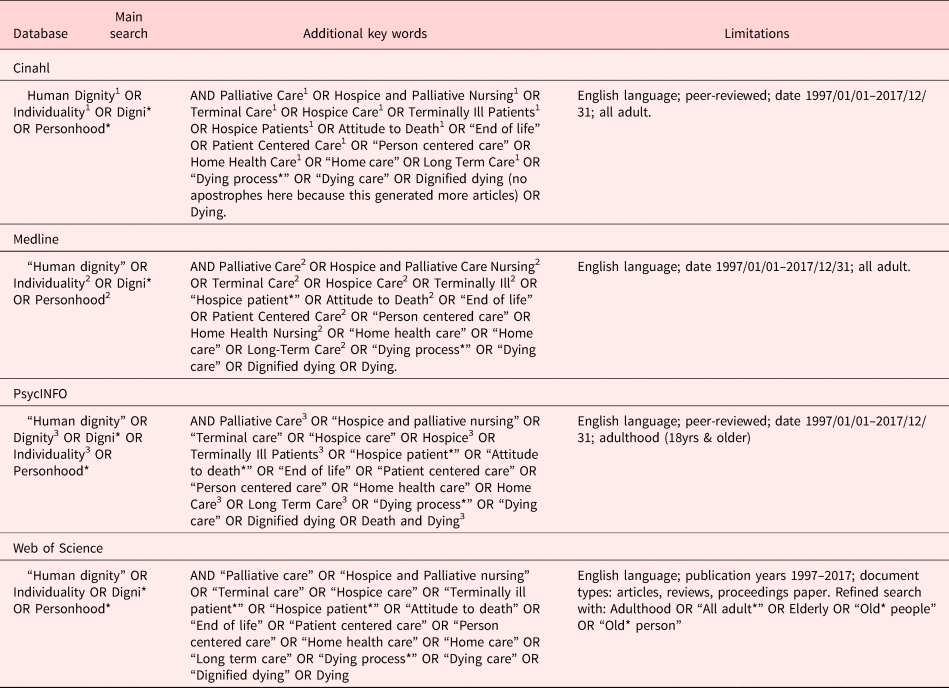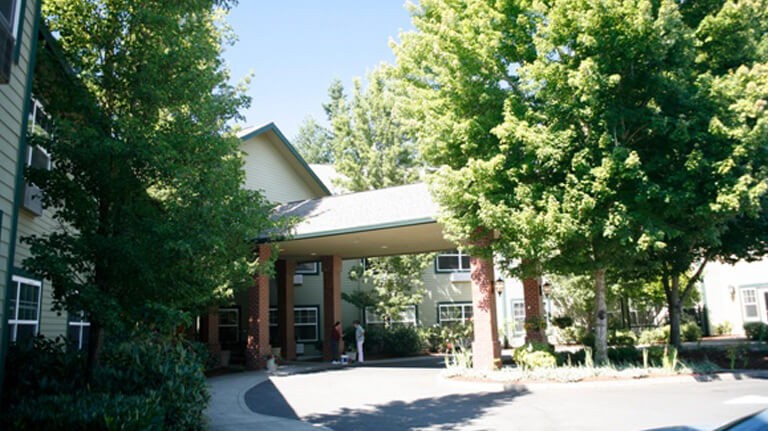
Private duty nursing refers to the care provided by licensed nurses. Private duty nurses can either be LPNs/LVNs, or RNs. Private duty nursing offers many benefits. It offers flexibility in scheduling, one-on-1 care and more flexibility for caregivers. There are also some downsides. Below are some of the cons associated with private duty nursing.
It was a flexible job
At one time, private duty nursing was a great alternative to a dependable, full-time position. Instead of offering permanent positions for nurses, hospitals hired them on a per diem basis. This allowed them to work when they needed. This was done to reduce costs while maintaining adequate staffing for patients. Private duty nurses found this per-diem model unsatisfying, and many left the private-duty workforce.
It was considered wasteful of professional nurses resources
Private duty nursing was once considered a wasteful practice by many nurses. However, in today's healthcare environment, it's becoming more common. Many hospitals have now banned private duty nursing. Nurse unions have also begun to protest against the practice. The reasons for this shift in opinion are simple: a shortage of staffing and a scarcity of resources in the drug rooms.
It is still very popular today.
Private duty nursing is an unpaid type of care, despite the popularity of in-home services. While clients typically pay for the services of a private nurse out of their pockets, insurance will typically cover them proportionally to their medical requirements. If the client only requires medication once per day, some insurance plans will cover the whole care arrangement. If the client stops requiring medical attention, the insurance will stop covering any further nursing services.
